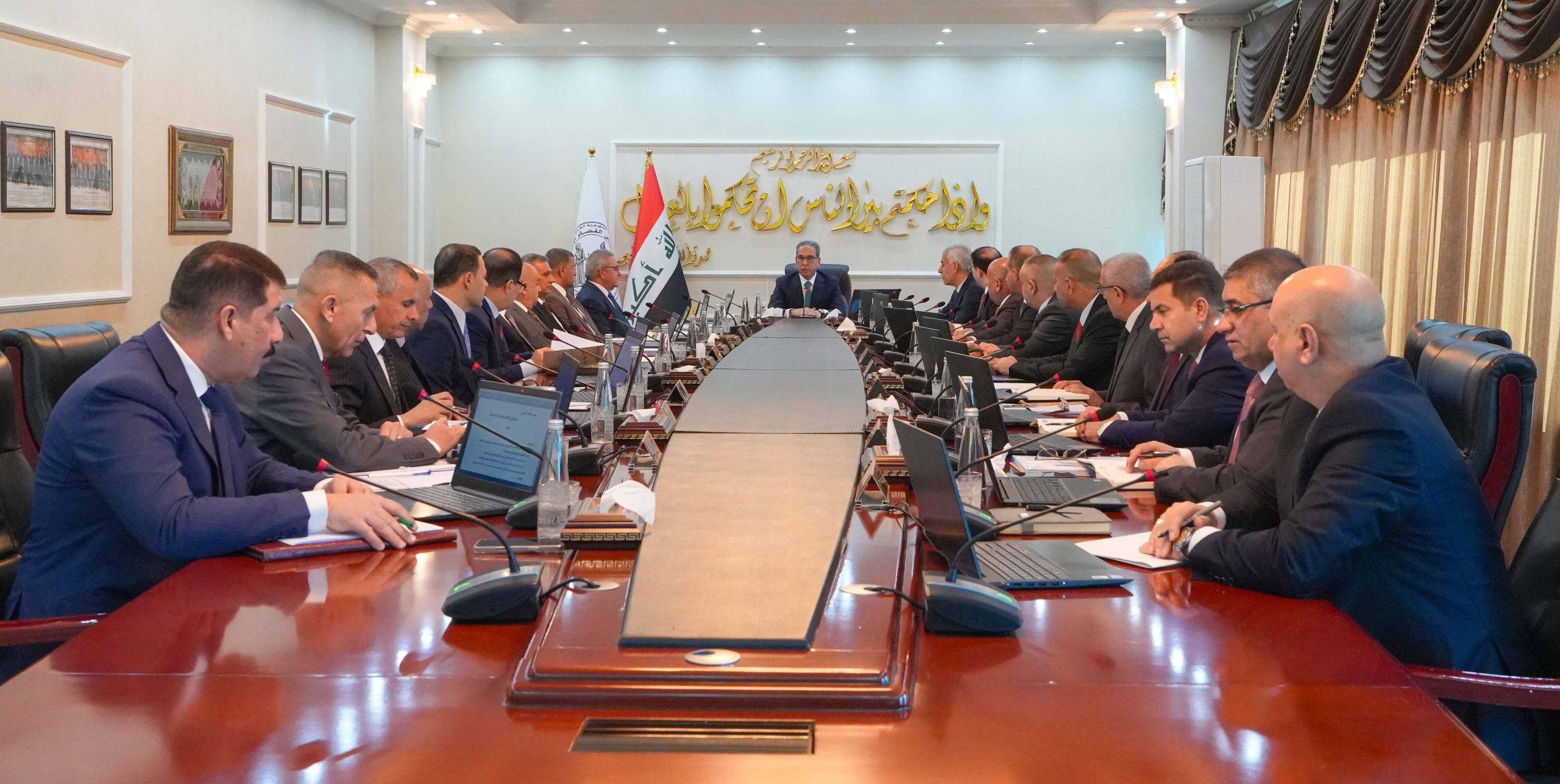The Supreme Judicial Council announced yesterday , Sunday, its rejection of opening the so-called Sharia Judiciary Institute, while directing that those wanted by the judiciary not be brought to the investigation centers in the clothes of convicts .
The council said in a statement that “the Supreme Judicial Council held its eleventh session yesterday morning , Sunday, headed by the President of the Federal Court of Cassation, Judge Faeq Zidane, during which a eulogy was given to the late Deputy Public Prosecutor Aqil Sattar Jaber Al-Saeedi, who passed away as a result of an unfortunate accident .”
He added, “A number of judges and members of the Public Prosecution were promoted and granted judicial positions that require approval of the formations in some appeals presidencies in accordance with the proposal submitted by the appeals presidencies based on the requirements of the public interest .”
He added that “the Council reviewed the minutes of the visit of the Chairman of the Judicial Supervision Authority to the Presidency of the Nineveh Appeal, and the Supreme Judicial Council decided to extend thanks and appreciation to the President of the Appeal, Raed Hamid Hussein, for his distinguished efforts in developing court buildings and the performance of the judiciary in Nineveh Governorate .”
The Council stressed to the “heads of appeal the need to hold periodic meetings with the investigating judges and direct them to observe accuracy and humanity in accordance with the legal contexts when considering the cases presented to them and to facilitate matters for citizens .”
The Council discussed what was circulated on social media regarding a call by a religious body to open what is called (the Sharia Judiciary Institute), and decided to reject it “as it is a violation of Article (91) of the Constitution of the Republic of Iraq, which stipulates that the Supreme Judicial Council is the one that administers the judiciary and no body may exercise the duties of the judiciary under any name, otherwise legal measures will be taken against anyone who exercises one of the duties of the judiciary in any form .”
The Council stressed that “the Ministry of Interior should not bring those wanted by the judiciary to the investigation centers wearing prison clothes reserved for convicts only, because the accused is innocent until proven guilty, and before that, he may not be forced to wear clothes reserved for convicts .”






